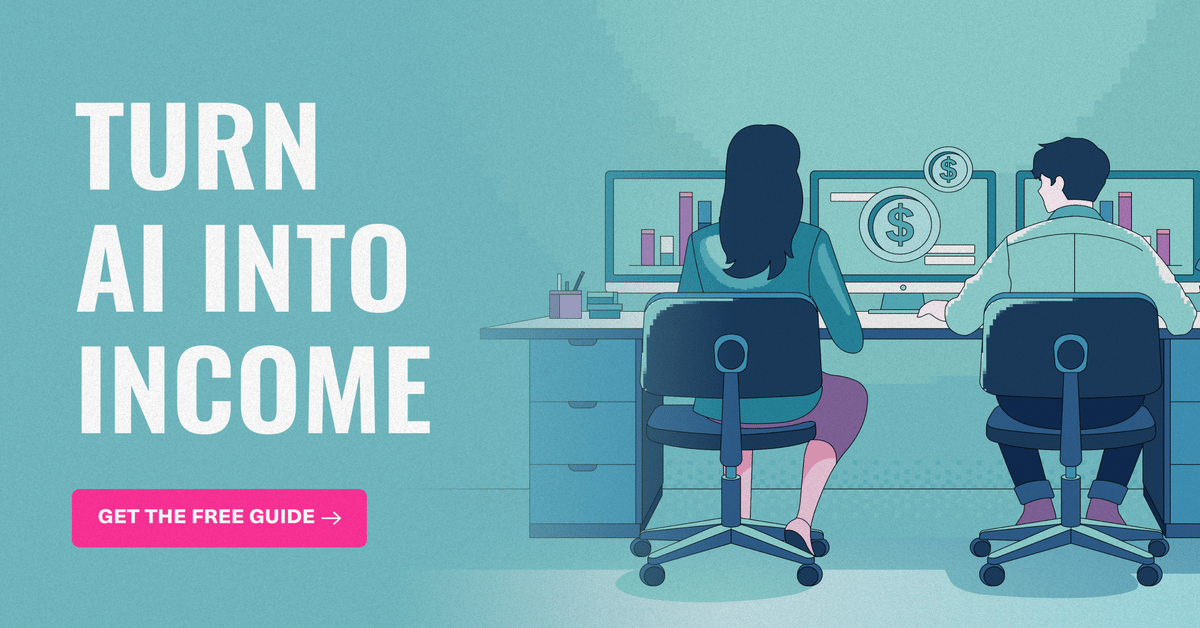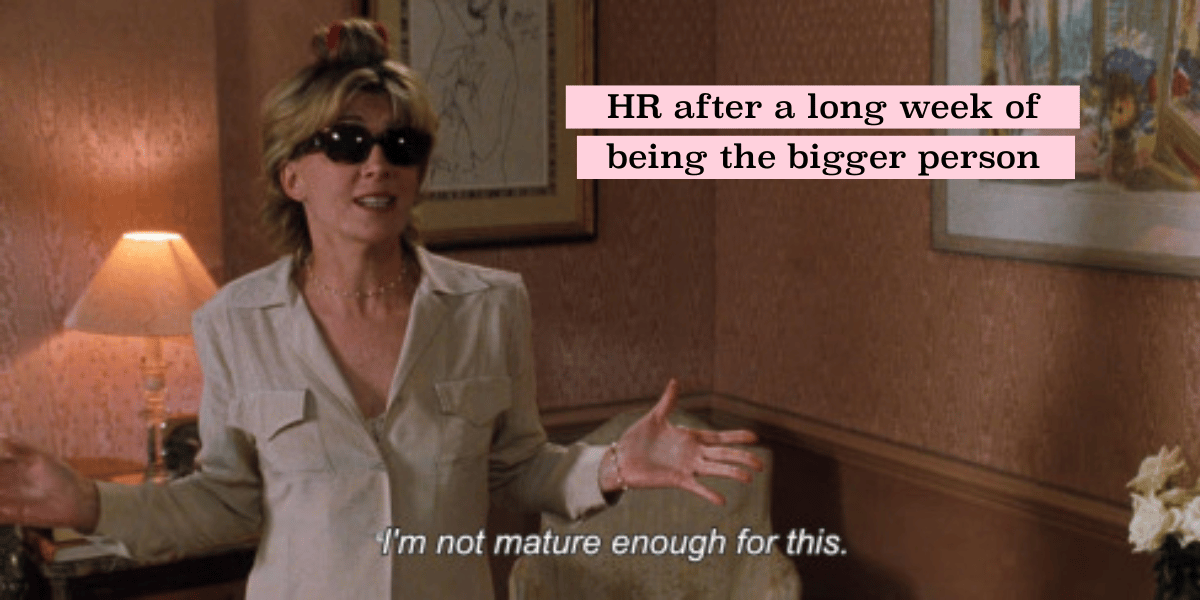- World Population Review Newsletter
- Posts
- The AI Crackdown Has Begun—Where Do You Stand?
The AI Crackdown Has Begun—Where Do You Stand?
Which countries are racing to regulate artificial intelligence—and why it matters.
Greetings, sharp-eyed watcher of the world's next big shift!
AI is no longer futuristic. It’s here. And while machines move fast, lawmakers move slow.
Some countries are racing to rein it in. Others are letting it run wild.
This week, we map the new world order of AI regulation—and what it means for where you might want to live, invest, or build next.
Let’s dive in.
Turn AI Into Your Income Stream
The AI economy is booming, and smart entrepreneurs are already profiting. Subscribe to Mindstream and get instant access to 200+ proven strategies to monetize AI tools like ChatGPT, Midjourney, and more. From content creation to automation services, discover actionable ways to build your AI-powered income. No coding required, just practical strategies that work.
The EU isn’t just regulating AI—it’s writing the rulebook for the world. The EU AI Act, passed in 2024, is the most comprehensive legislative framework yet, classifying AI systems by risk (from minimal to unacceptable). It bans social scoring, mandates transparency for deepfakes, and puts hefty compliance requirements on high-risk AI tools.
The EU’s approach is not just regulatory; it's philosophical. The bloc is framing AI as a human rights issue, aiming to set global standards in digital ethics.
🇫🇷 France and 🇩🇪 Germany are doubling down on enforcement mechanisms, while 🇮🇹 Italy recently fined OpenAI over data privacy concerns, signaling the continent’s serious tone.
🔍 Fascinating fact: The EU’s AI Act is already influencing legislation in Brazil, Canada, and even parts of the U.S.—proof that Europe’s regulatory vision is going global.

The U.S. leads the world in AI innovation—but trails when it comes to regulation. While the Biden administration released a voluntary AI Bill of Rights and issued executive orders urging safety and fairness, the U.S. lacks a federal framework.
At the state level, things are moving faster. California is considering regulations on algorithmic bias and workplace surveillance, and New York has passed laws requiring transparency in automated hiring tools.
The irony? The birthplace of ChatGPT, Midjourney, and Google DeepMind still hasn’t settled on a national AI policy.
🧭 Watch this space: Over 70 AI-related bills were introduced in Congress in 2025 alone—but none have passed both houses.

China has taken a radically different approach: tight, top-down regulation framed through national security. In 2023, it became the first country to issue binding rules on generative AI, requiring models to reflect “socialist core values.” All AI content must be aligned with state ideology and approved for public release.
China also requires algorithm registration with the Cyberspace Administration, making it the world’s most centralized AI governance model.
But this control is strategic. China aims to lead in AI militarization, surveillance, and industrial use—while tightly managing public deployment.
📈 Unexpected twist: Despite censorship, China is outpacing the U.S. in AI patent filings and is expected to control 30% of the global AI chip market by 2027.

The best HR advice comes from those in the trenches. That’s what this is: real-world HR insights delivered in a newsletter from Hebba Youssef, a Chief People Officer who’s been there. Practical, real strategies with a dash of humor. Because HR shouldn’t be thankless—and you shouldn’t be alone in it.
Both Canada and the United Kingdom are approaching AI regulation with balance—emphasizing innovation while acknowledging risk.
🇨🇦 Canada’s Artificial Intelligence and Data Act (AIDA) is one of the first of its kind in North America. Focused on responsible development, it sets obligations for “high-impact” AI systems, including transparency and auditability.
🇬🇧 The U.K. rejected a centralized AI law, instead assigning regulatory responsibility to existing bodies. Its 2024 white paper outlined principles—safety, fairness, accountability—without immediate enforcement.
Both nations are investing heavily in AI safety research, signaling their intent to be global players in governance without stifling growth.
🌍 Standout move: The U.K. hosted the world’s first AI Safety Summit in 2023—a format others are now emulating.

While much of the regulatory spotlight focuses on Western powers, countries in the Global South are beginning to voice concerns—but with fewer resources to act.
🌎 Brazil is drafting its own AI regulation inspired by the EU’s framework.
🇮🇳 India, a major AI market, is taking a light-touch approach—focusing more on AI as a growth tool than a governance challenge.
🌍 Kenya and Nigeria are exploring how AI can support agriculture and healthcare but lack clear legal frameworks.
📊 Stark reality: As of mid-2025, only 14% of African countries have any form of AI legislation—despite being heavily affected by AI-driven misinformation and automation risks.

In the absence of comprehensive regulation, tech giants are stepping into the void—setting de facto rules through internal policies and global influence.
🏢 OpenAI, Google, Microsoft, and others have released AI safety charters and governance models. But these frameworks are self-imposed and non-binding.
That raises a tough question: Can corporations regulate themselves in a world where AI drives profit?
⚠️ Eye-opener: As of 2025, over 75% of enterprise-level AI tools globally are governed only by internal company policies—not national law.

The rise of autonomous weapons, AI-generated propaganda, and global disinformation campaigns has pushed the conversation from local law to global necessity.
🌍 A U.N.-backed Global AI Ethics Council has been proposed, but consensus is elusive. National interests often collide, especially around surveillance, military applications, and data ownership.
Still, momentum is growing. Expect a wave of regional compacts, international treaties, and AI clauses embedded in trade deals.
🔮 Bold prediction: By 2030, AI governance frameworks will be embedded into global economic agreements—impacting everything from immigration policies to health data sharing.

The race to regulate AI isn’t one race—it’s dozens, all running in different directions.
Some nations want control. Others want innovation. A few want both. Most are still deciding.
But here’s why it matters: These decisions will shape your future. Jobs. Privacy. Investment. Freedom. Even where you feel safe to live.
Regulation isn’t just about tech—it’s about the kind of world we’re building.
So stay sharp. Stay curious. The future is already under construction.
Warm regards,
Shane Fulmer
Founder, WorldPopulationReview.com
P.S. Want to sponsor this newsletter? Reach 136,000+ global-minded readers — click here!


